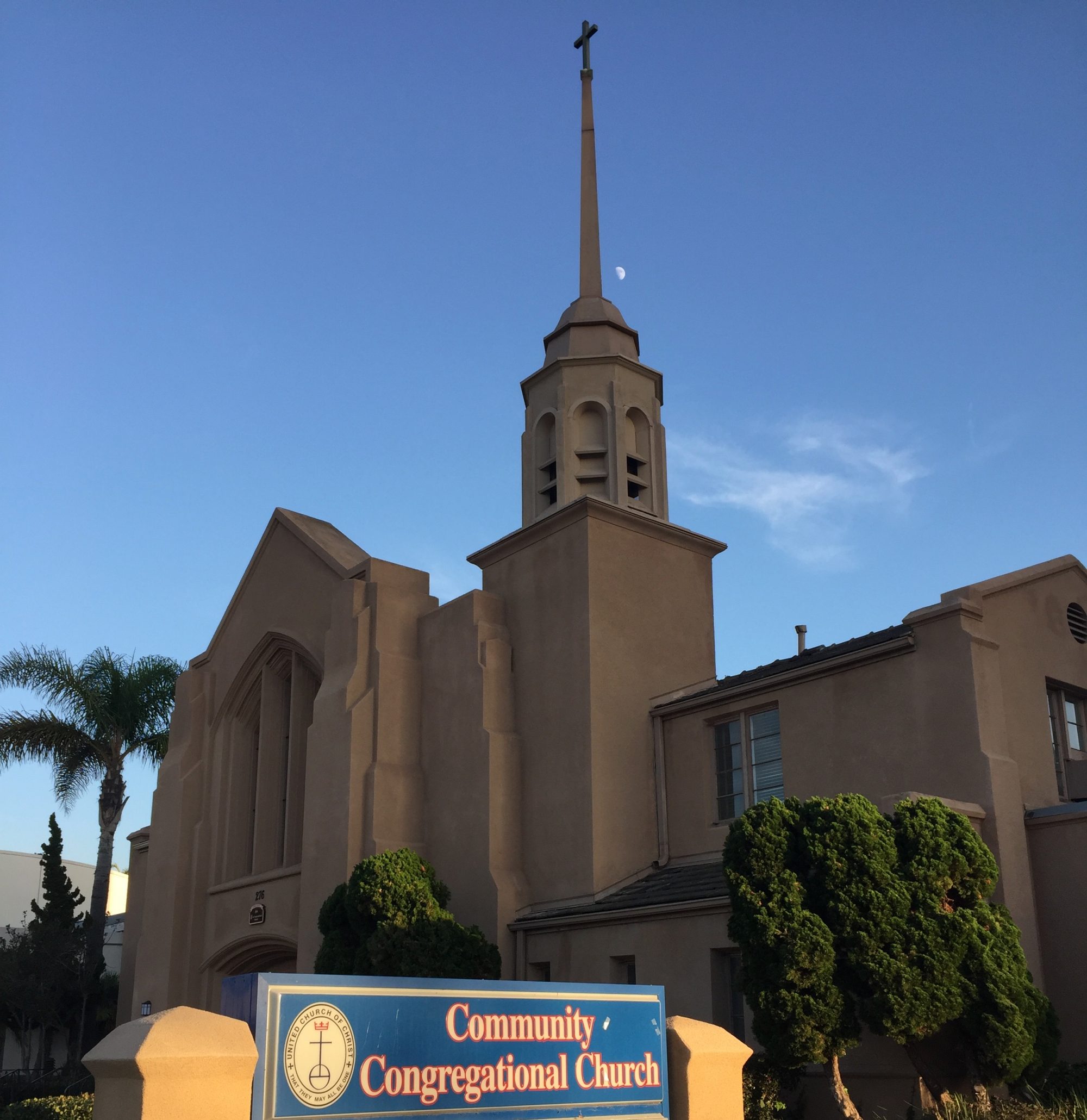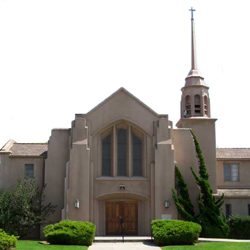“THANKSGIVING”
A meditation based on Psalm 100
November 19, 2017
Rev. Victoria Freiheit
“O give thanks unto the Lord, O give thanks all ye lands. Serve the Lord with gladness and come before him with a song.” Congratulations! Every time you come to church, find your seat, sing God’s praises—you are obeying Psalm 100. If illness causes you to miss attending, you can still serve God with gladness and sing at home. We can be thankful every day, not just Thanks-giving Day, the 4th Thursday in November. In Canada, they celebrate Thanksgiving on October 9.
According to Google, Mexico does not have a Thanksgiving Day. Dia de los Muertos is a similar holiday, and there is a Catholic celebration in the pueblos–one day a year to celebrate their Patron Saint with music and food. They give thanks for good harvest, health, and happiness. In many pueblos now they celebrate Thanksgiving in their homes just as in the U.S. for the simple reason that their loved ones live in the U.S., or they returned back to Mexico bringing with them Thanksgiving celebration.
I’d like to learn about Thanksgiving Days all over the world, but today, we concentrate on why we have Thanksgiving in the U.S. You’ve heard the story about the Pilgrims who came over on the Mayflower. You can Google the list of Mayflower passengers. They had some interesting names: Desire, Resolved, Humility, Oceanus, Love, and Wrestling. Our own Dr. Bradley used to admit that his forbears had come over on the Mayflower. One of the strands of the United Church of Christ is Congregational, and they trace their roots to the Pilgrims. We are grateful for Nathaniel Philbrick, who recently researched the Puritans and what happened to them when they got here in 1620.
In school we learned that they sailed on the Mayflower to achieve religious freedom. They were Separatists who believed you should read directly from the Bible, not from the Church of England “Book of Common Prayer.” Their congregation began with a covenant between a group of believers and God. They saw a person’s conscience as the “voice of God in man.” But all who sailed on the Mayflower were not Separatists. There were a few more families. Miles Standish was a military man, John Howland an indentured servant. He married and had 10 children and 88 grandchildren.
We do not know the exact date of the first Thanksgiving—probably in late September or early October when all had been harvested—corn, squash, beans, and barley. The barley came in handy for brewing beer, which they had become accustomed to, due to the bad quality of drinking water in England. Then, the feast: ducks, geese and wild turkeys—probably some bass, bluefish and cod as well. Then came 5 freshly killed deer by the Indian Massasoit and a hundred Pokanokets who joined the party. At that first Thanksgiving, the Indians outnumbered the Puritans 2-1!
Chief Massasoit and Squanto both helped them in that hard year since they first arrived. Squanto spoke English and showed them how to use fish for fertilizer on their corn. He also helped arrange the pact which allowed the Pilgrims and Indians to live in peace. But still, half of them did not survive that first year. Have you ever been in a survival situation? Only once for me—I was taking care of Seth, my new grandson, while his Mom and Dad had their first weekend away from home after his birth. They lived in Gunnison, Colorado and it was icy, snowy and cold.
They had a wood stove which had to be fed every two or three hours. “Does that mean I have to get up in the middle of the night to keep the fire going?” I asked my daughter and son-in-law. “Yes, if the fire goes out and you can’t get it started again, you will have to bundle up Seth and go down the road to our nearest neighbor and stay there until we get back.” “Survival,” I thought, “me and Seth and the fire.” So, I set the alarm for every two hours just in case.
Survival was not to be for many of the Puritans who did not all make it through that first year. Diseases, lack of shelter, pneumonia and scurvy were responsible for 51 deaths of the 102 who had come on the Mayflower. At one point there were only six of them to care for all those who were sick. They had to build homes for each other, hunt for game, plant vegetable gardens, pick whatever wild plants they could eat, and always worry about being attacked by Indians. Chief Massasoit’s assistance came in the form of men to help build, sharing of some food and fending off other Indians.
Let us remember that the Puritans were willing to pay a great price for the privilege of freedom of worship. They were profoundly grateful to God! Here, in the New World, no established church harassed them, no government agency restricted them, and no one ridiculed them. They were free to worship in the manner they chose. On this Thanksgiving, let us be grateful for our abundance, thankful for our many blessings. Let us also profoundly appreciate our freedom to worship according to our hearts and minds.
That first Thanksgiving was joyful for the Puritans–they knew they were going to make it in the New World. But it was sad, because they missed their loved ones who had died. Perhaps we can identify with them—we too know we can make it—sometimes not so easily—with hard work and prayer. AND we can identify with those who celebrated that first Thanksgiving, because we too must celebrate without our loved ones who have died.
Today, as we sit around the tables laden with a bountiful turkey dinner, we silently take notice of those who sat with us last year or in years gone by. We say a prayer, thanking God for all who have had an influence on us; thanking God for the good life we have now; thanking God for those immigrants who came in 1620, 1780, 1890, 1929 and last year as well. We are all immigrants except for Squanto and Massasoit and the other Indians here before us. We are survivors. Amen.

